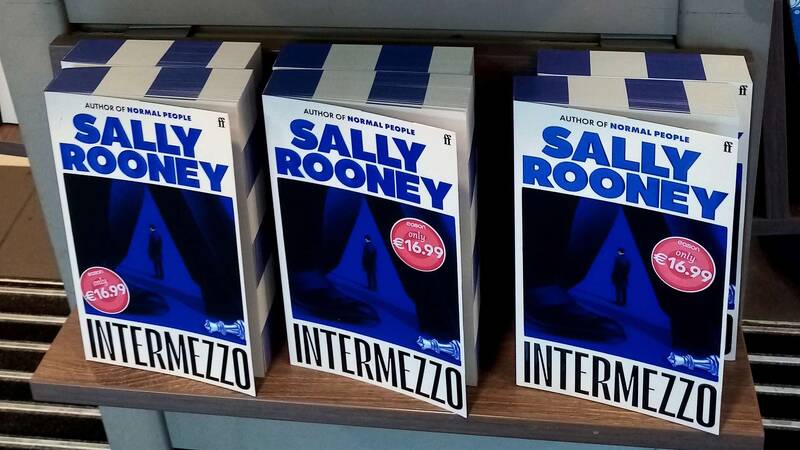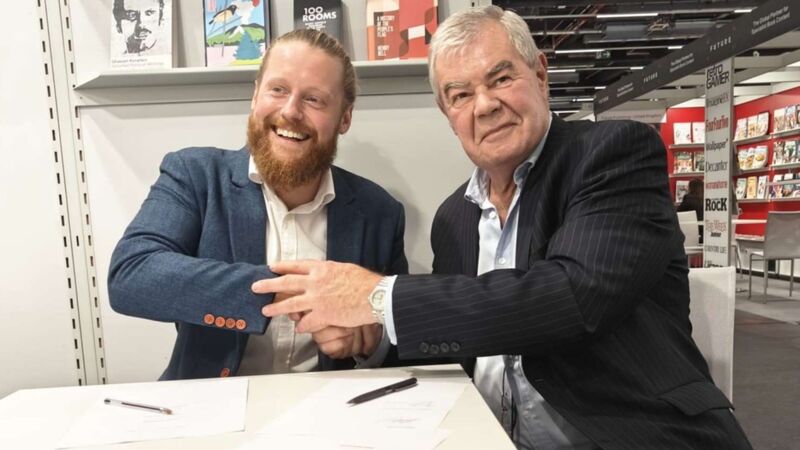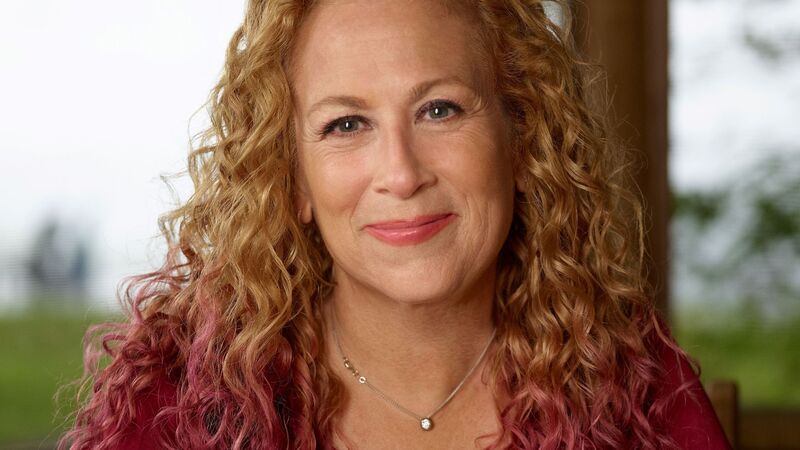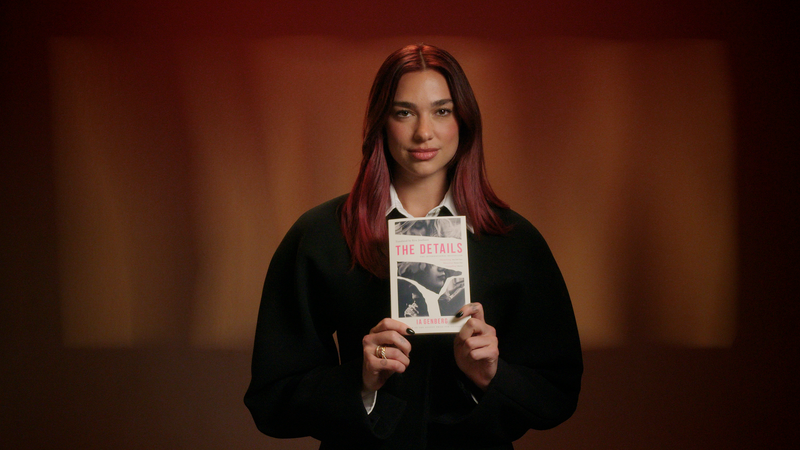You are viewing your 1 free article this month. Login to read more articles.
Publishers consult lawyers over Kindle Unlimited
Publishers have expressed outrage that their titles were included in Amazon’s Kindle Unlimited subscription service against their wishes when it launched in the UK last week.
Several publishers told The Bookseller that they declined to be a part of the e-book and audiobook promotion, and were shocked to find their requests ignored when Kindle Unlimited launched last Wednesday (24th September).
Others have said they were not consulted regarding their titles being used, and were only told of the development a few hours before Kindle Unlimited went live.
Meanwhile, Waterstones m.d. James Daunt said he was concerned about the impact of the subscription model on the wider book market, should it prove popular. “Obviously I am immensely troubled by the concept of it and the potential impact it might have on devaluing books,” he said.
Despite their concerns, publishers said they were “powerless” to withdraw titles from the service contractually because Amazon uses the “reseller” model of payment for Kindle Unlimited—remunerating publishers for the full retail price of a book every time it is downloaded and read as part of the subscription service. Authors receive the same royalty payments as they would if an e-book had been bought.
Kindle Unlimited offers 650,000 e-book and audiobook titles for £7.99 a month, including a selection of titles from prominent independent publishers including Bloomsbury, Scholastic, Faber, The History Press, Canongate, Atlantic, Granta, Head of Zeus, Hesperus Press, Michael O’Mara and Icon Books.
None of the larger conglomerate publishers’ titles feature in the service, with those on agency terms protected from such moves.
While many of the titles in the catalogue are by Amazon Publishing and self-published authors, a few headline titles from indie publishers stand out, such as last year’s Man Booker-winning The Luminaries by Eleanor Catton (Granta), The Kite Runner by Khaled Hosseini (Bloomsbury) and The Hunger Games by Suzanne Collins (Scholastic).
While no publishers wished to be quoted for fear of reprisals from the internet giant, many spoke privately of their anger at Amazon’s conduct and said they have engaged lawyers to look over the legality of the situation.
One said: “We made it very clear that we had no interest in putting our titles into this service, despite [Amazon’s] persistence, so it was quite a surprise to find our titles there.” Another said: "We have looked at our contract and tried to ascertain if it is legal to be used as part of another service but it seems as long as they are paying us as if it was a sale then they are not.”
Another admitted: “It is not something we are in a position to fight. We feel powerless. The concern is if these are just the first round of titles, they will add more later—perhaps from larger publishers.”
Other companies willingly signed up to the service, however. Andrew Furlow, Icon Books sales and marketing director, said: “We are very happy to be experimenting with different models at this early stage, and we are always looking for different ways to bring our books to new audiences.”
Meanwhile, Daunt expressed surprise that Amazon launched the subscription service with such a limited inventory. “The service says it has 650,000 titles, which makes you think: ‘Right, that is a pretty compelling proposition.’ But when you look, it is full of quite a lot of old tosh. It is 650,000 titles you just could not possibly want to read,” he said. “It seems a very poor offer to me, which is surprising considering Amazon prides itself on giving consumers good service.”
Daunt's reaction to the Kindle Unlimited offer was echoed by Blackwell's digital director Matthew Cashmore. He said: "We’re not surprised to see Kindle Unlimited launching in the UK - sadly at this stage it lacks any real depth, or even width of content - it’s no wonder they are pushing it as a service for people to ‘discover new books’ because other than a handful of big name titles they’re lacking anyone else you will have heard of. There’s no better way to discover a new book than by walking into a bookshop and browsing the shelves and talking to experienced booksellers. Personally I would struggle with ‘renting’ a book - a book can have such an emotional resonance for someone that to have it ripped away from you when you miss your first monthly payment seems rather cruel." However, he added: "I can certainly see a rental model working within the academic sector."
Sam Husain, c.e.o of Foyles, said he had concluded that "if anything", Kindle Unlimited downloads would impact sales of audio books, "as these tend to be more expensive in bricks-and-mortar book shops." He said: "The monthly subscription of £7.99 proposed by Amazon could be a barrier for downloading e-books and we are not too concerned about this. I think our range and making the visit to one of our bookshops a pleasurable experience will continue to be our USP."
Amazon has not responded to requests for comment.


















